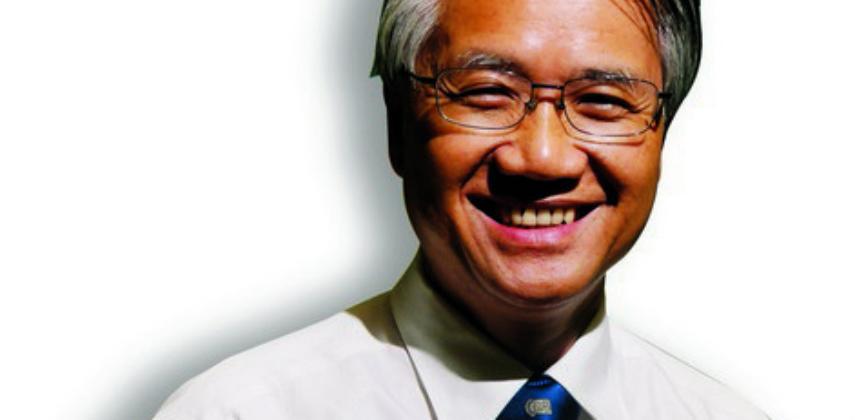Career guidance is structured through workshops, faculty-specific advice and one-on-one guidance. Workshops on preparing a resume and writing job-application letters are held regularly, along with interview seminars that end with group discussions. There are two workshops open to all students - one with a general focus, and another that is more industry-specific.
More tightly focused careers advice is offered at five of the university's biggest faculties.
Students seeking personal career guidance can receive one-on-one advice by registering at the careers centre by e-mail or in person, or by taking advantage of the morning and afternoon walk-in career advisory service, which offers comprehensive advice from a career-guidance professional.
Students can also make an appointment with a team of retired professionals, including business managers and human-resources professionals, to discuss practical career questions.
The HKU careers centre hosts many activities to help students achieve their ultimate aim: to find a job.
Almost every day throughout the academic year, HKU organises campus recruitment presentations, where potential employers visit the university and talk about their company and job opportunities, and answer questions.
In the first semester, from September to November, HKU invited companies from the accounting, investment, banking, finance, consulting, public utilities and property sectors to the campus. In the second semester, it's the turn of engineering and construction-related firms, airlines, and local and commercial banks.
Every year in March, the campus hosts three-to-four-day career fairs, with about 25 companies present each day. Students can apply directly to the companies for a job.
"We arrange career fairs for new industries like creative industries, IT, NGOs [non-governmental organisations] and some of the professional services, including head-hunters. These companies may not come into contact a lot with recruitment presentations, but it's a convenient way to conduct recruitment," Chan explains. He estimates there has been an increase of about 35 per cent in the number of recruitment talks so far this year, compared with last year, which was a difficult year for the global economy. "The trend is strong and healthy compared with 2009," Chan says.
HKU has an excellent record in graduate employment. In 2009-10, all graduates who were looking for a job (about 80 per cent of the total) found work. The remaining 20 per cent opted for further studies. Independent research found that about 60 per cent of students benefited from the university's job-finding services.
Chan's advice for new graduates joining the workforce is to refrain from changing jobs too frequently. New recruits need to be flexible and demonstrate stability, he says, adding that flitting from job to job is a "toxic" problem in the Hong Kong job scene. "For students who change jobs too much, their CV looks unstable," he says.


